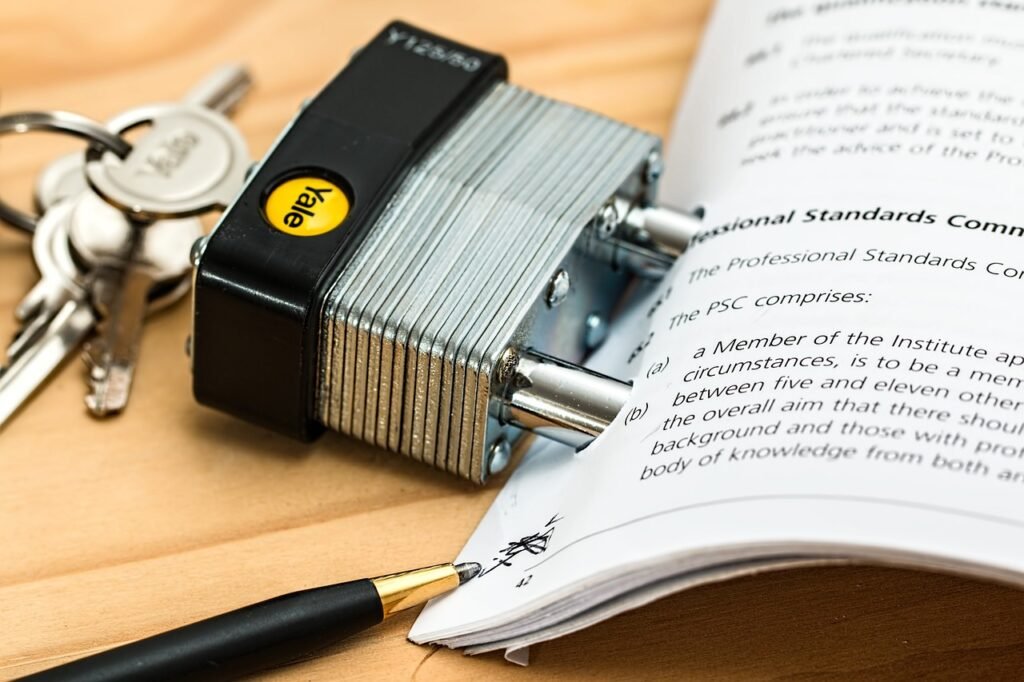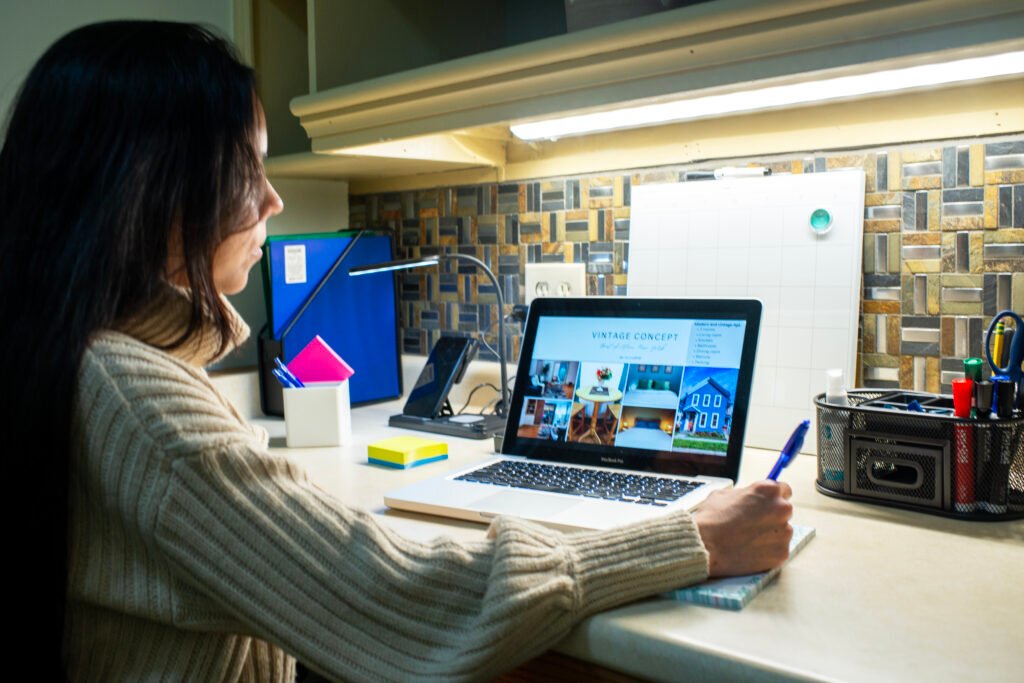Local rules and regulations
Becoming an Airbnb host offers a great opportunity to generate additional income and meet people from all over the world. However, before embarking on the adventure of converting your property into a vacation rental, it is crucial to understand and comply with local laws and regulations. This blog post will explore in detail the key legal considerations that any Airbnb host should know to operate legally and safely.
If you have not yet created your FREE Airbnb account, CLICK HERE NOW
- Knowledge of Local Regulations
Each city and country has a set of regulations that regulate vacation rentals. These may include:
Licenses and Permits: Many cities require hosts to obtain a license before listing their property on platforms like Airbnb. This may involve going through inspection processes and meeting certain safety standards.
Zoning and Property Use: Zoning laws may limit the ability to rent your property for short stays. It is essential to verify if your property is properly zoned for this type of use.
Community Restrictions: If you live in a community with a homeowners association or apartment complex, there may also be specific restrictions or prohibitions against short-term rentals.
- Taxes and Fiscal Obligations
Understanding your tax obligations is essential for any Airbnb host. This includes:
Income Taxes: Income earned from renting your property through Airbnb is generally subject to taxes. It is important to report this income on your annual tax return.
Specific Taxes for Short-Term Rentals: Some jurisdictions impose tourist taxes or occupancy taxes that must be collected from guests and remitted to the local government.
VAT or GST: Depending on the jurisdiction, you may need to collect and remit VAT or GST.
To properly handle your taxes, consider consulting an accountant or tax advisor who has experience with tax laws related to vacation rentals.
- Adequate Insurance
Having adequate insurance is crucial to protecting your property and finances. Standard homeowners insurance may not cover incidents related to short-term rentals, so it may be necessary to obtain an additional insurance policy that covers:
Property Damage: Protection against physical damage to your property caused by guests.
Civil Liability: Coverage in case a guest suffers an accident and is injured on your property.
Airbnb offers its own “Host Protection” and “Host Guarantee” programs, but it’s always a good idea to carefully review these programs and consider additional insurance.
- Respect Guest Privacy
Complying with privacy laws is essential. This includes:
Protection of Personal Data: Please ensure that you handle and store any guest personal information in accordance with applicable data protection laws.
Security Cameras and Surveillance Devices: If you decide to install security cameras or any other surveillance devices, you must clearly inform guests of their presence and location.
- Maintenance of Order and Coexistence
It is important to maintain a good relationship with neighbors and ensure that guests do not cause disturbances such as excessive noise. Establishing clear house rules and communicating them effectively to guests can help prevent problems and ensure the experience is positive for both guests and neighbors.
If you have not yet created your FREE Airbnb account, CLICK HERE NOW
Conclusion
Complying with legal regulations is essential to running a successful and hassle-free Airbnb rental. Although it may seem overwhelming at first, understanding and adhering to these laws will not only protect you and your property, but will also provide a safer and more enjoyable experience for your guests. Stay informed, seek advice when necessary and always be prepared to adapt to changing laws and regulations.



